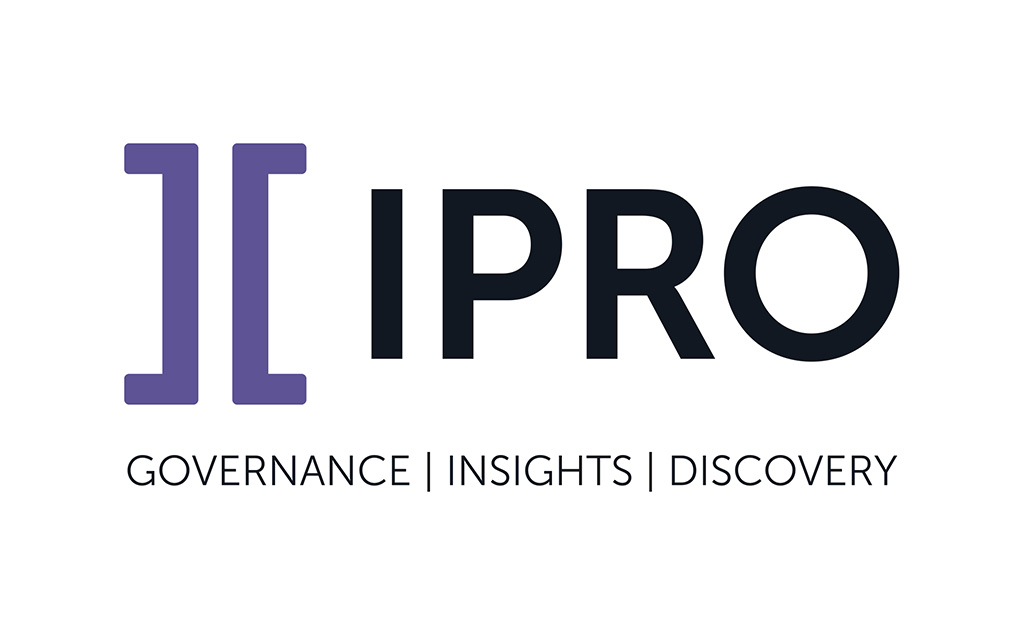
Introduction
Outside counsel is an integral part of the legal industry. Sometimes companies hire law firms to handle the entirety of a legal issue or dispute, while other times they retain outside counsel only for specific questions or discrete phases of a matter, while their in-house legal team manages most of the work.
But with shrinking corporate budgets and in-house counsel’s increased use of technology, the role that outside counsel plays may be diminishing. Outside counsel that seek to remain competitive in 2023 need to find new ways to work with in-house counsel and make their services indispensable.
In this post, we’ll talk about the difference between in-house and outside counsel. We’ll then discuss why companies hire law firms and what they expect from them. We’ll wrap up by sharing five best practices that outside counsel can implement to improve their cooperation with in-house counsel.
Contents
The difference between in-house counsel and outside counsel
What is outside counsel?
What is in-house counsel?
In-house counsel and outside counsel compared
Why do organizations hire outside counsel?
What do in-house counsel expect from outside counsel?
5 ways outside counsel can improve cooperation with in-house counsel
How legal technology can help outside counsel stay competitive in 2023
Improved cooperation and modern legal technology can take outside counsel to the next level
Outside Counsel vs In-house Counsel: Key Differences
First, let’s define in-house counsel and outside counsel and discuss how they each work. Then we’ll illustrate the differences between the two.
What is outside counsel?
Outside counsel refers to any law firm or lawyer that a company or organization hires to represent it or perform specific legal services. Companies usually pay law firms a retainer fee in addition to hourly fees. Outside counsel is usually hired for all kinds of tasks, especially litigation tasks such as drafting and filing briefs, managing eDiscovery, and appearing in court.
What is in-house counsel?
In-house counsel includes all the lawyers who work directly for an organization in its legal department. Lawyers hired as in-house counsel are usually salaried employees.
In-house lawyers are typically generalists. They can answer legal questions, advise the organization or other business units on tax and employment law issues, facilitate negotiations, and draft and maintain contracts and other important documents. They may also handle some or all aspects of litigation.
In-house counsel and outside counsel compared
The table below explains the differences between in-house counsel and outside counsel.
Now that we’ve laid out the similarities and differences between in-house counsel and outside counsel, let’s explore why companies hire outside counsel.
Why do organizations hire outside counsel?
Outside counsel plays a unique role in the legal environment. Law firms don’t “belong” to anyone—they are independent service providers that belong only to themselves. Yet outside counsel can become an integral part of a company’s legal team by providing essential legal services and support.
Companies often hire law firms to handle tasks that are outside the scope of their day-to-day operations, especially litigation. A company may hire outside counsel because:
- there is more work to do than in-house counsel can handle on their own,
- the company wants in-house counsel to remain free to handle daily tasks or provide strategic business advice,
- the company wants to ensure that legal work will be shielded by the attorney-client privilege,
- the law firm has greater expertise in a necessary subject area, or
- the matter is expected to go to trial and the law firm has more courtroom experience.
Regardless of the reason motivating a company to hire your law firm, it can be helpful for you to know what in-house counsel expects of you so you can exceed those expectations. Let’s turn there next.
What do in-house counsel expect from outside counsel?
In-house counsel typically oversee the work that outside counsel does for the company. In this supervisory role, in-house lawyers have certain expectations when it comes to law firms. Here are three examples of how those expectations may play out.
First, if an organization has hired a law firm to handle a specific matter that falls outside the tasks the in-house team handles on a daily basis, in-house counsel likely expects outside counsel to do what is asked of them and nothing more. This means that in-house counsel probably doesn’t want law firms to roll in with unsolicited advice about the organization’s operations or its contracts.
On the other hand, if an organization works closely with a particular law firm on a variety of matters over an extended period, the in-house legal team may welcome outside counsel’s strategic insights into the organization’s legal risk profile or its standard procedures.
Additionally, in-house counsel may expect a high level of cooperation and collaboration with law firms. After all, both legal teams are working toward the same goal. In-house counsel also has a wealth of knowledge about the company’s goals and daily operations that they may be eager to share with retained counsel.
How can your law firm improve its cooperation with in-house counsel? Start with these five best practices.
5 ways outside counsel can improve cooperation with in-house counsel
In-house counsel may be protective of their company and even resent what they perceive as interference from outside counsel. This can create a tricky dynamic between in-house counsel and outside counsel. But to continue to win the organization’s business, law firms need to continuously prove their value to in-house counsel. Fostering a cooperative relationship is a great way to start.
Here are five ways you can improve your cooperation with in-house counsel.
- Establish a reliable channel for communication.
Communication is key. To ensure a smooth working relationship with in-house counsel, your law firm should establish a clear, reliable avenue for communication with in-house counsel right away and make sure everyone on both teams is aware of it. That way, messages and important details don’t get lost during your work together, and in-house counsel know who to contact for questions or updates.
- Maintain regular and transparent communication.
Once you’ve established a channel for communication, use it to give in-house counsel frequent and specific updates about the cases and projects you’re handling. Regular communication can help to prevent misunderstandings, miscommunications, and frustration over being left in the dark.
- Set clear expectations.
Cooperation and collaboration often hinge on setting and managing expectations. Ask in-house counsel what they expect of your law firm at the outset of your work together and confirm that you understand the bounds of those expectations before you proceed. This can help both teams understand who is doing what and prevent duplicate work or—worse—tasks that no one does because each team thought it was the other’s responsibility.
- Be mindful of in-house counsel’s role and duties.
After setting clear expectations about your role as outside counsel, remain cognizant of in-house counsel’s role in the project you are there to handle. In other words, respect the boundaries that in-house counsel sets with you and avoid stepping on anyone’s toes.
- Use in-house counsel’s knowledge to your advantage.
As noted above, in-house counsel is likely to have considerable knowledge about their company and the way it operates. By gleaning knowledge from in-house counsel about how the organization functions, you can take a more informed approach to the project you are there to complete and deliver better results.
Take eDiscovery, for example. In-house counsel almost certainly has valuable information about their company’s data, the custodians and documents you should prioritize first, and the location of the data you’re looking for.
Another way to nail eDiscovery and other projects and stay competitive in the coming year is to leverage modern legal technology.
How legal technology can help outside counsel stay competitive in 2023
Investing in legal technology is one of the best ways for law firms to provide value to clients and maintain a competitive edge in 2023.
With a comprehensive suite of governance, eDiscovery, and trial tools, IPRO provides innovative solutions to longstanding problems. Our tools can help you:
- automate legal holds, ensuring that clients avoid spoliation of relevant data;
- access relevant client data, including data stored in the cloud, regardless of which communication or collaboration tools your clients use;
- gain valuable insights by rapidly analyzing, searching, and reviewing data in place before collection even begins;
- collaborate with in-house counsel through a shared platform; and
- keep costs down so you can maintain competitive pricing.
When eDiscovery commences, you can also use IPRO’s tools—powered by artificial intelligence (AI)—to complete document review and production more quickly and efficiently.
By combining innovative legal technology with the best practices we shared above, outside counsel can remain an indispensable part of the legal industry and face 2023 with confidence.
Improved cooperation and modern legal technology can take outside counsel to the next level
Modern technology can make your workflows more efficient and effective, saving your client time and money and ensuring that they keep coming back to you to fulfill their legal needs. Plus, by streamlining the work you do for each client, you can free up time to win new business. That way, your practice can continue to thrive in 2023 and beyond.
For more information about IPRO and our suite of tools, contact us or schedule a demonstration.



